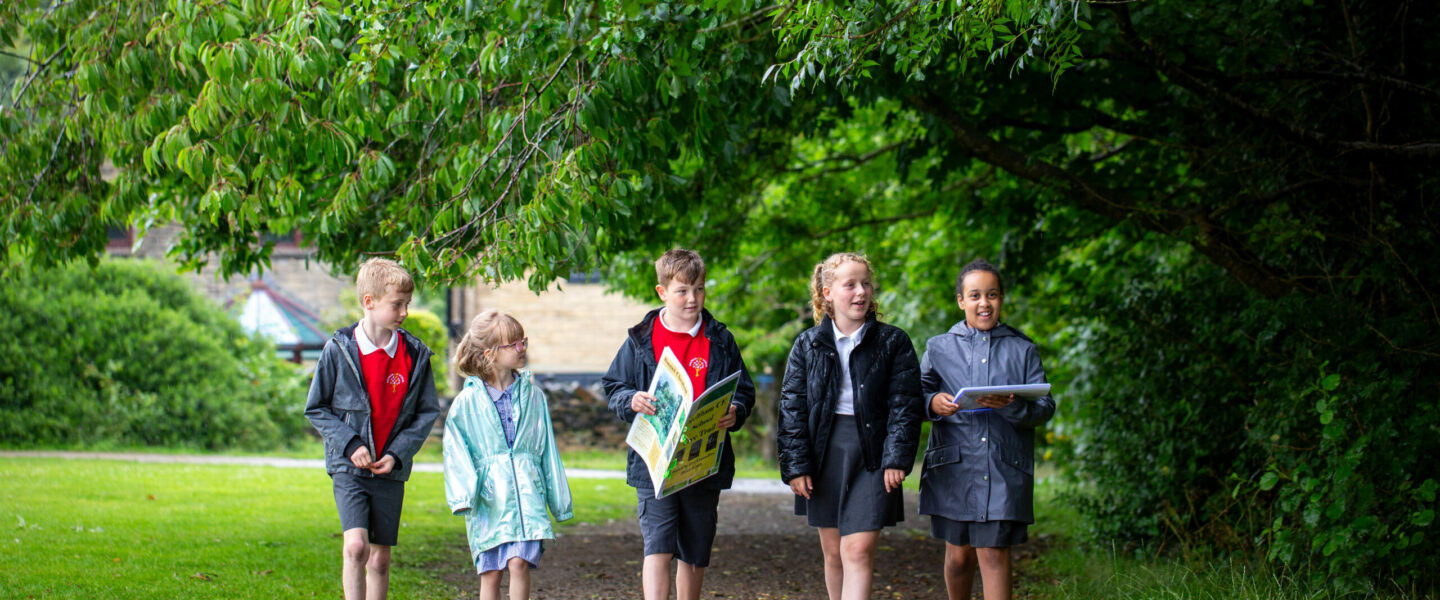
Environmental Statistics
A selection of environmental statistics from Eco-Schools’ Applications in 2023-2024.
The Eco-Schools Team is delighted to share 10 environmental statistics highlighting and celebrating the positive impacts that young people participating in the Eco-Schools programme created during 2023-2024:
- 1.15m m2 of natural habitats were created or maintained in order to support biodiversity on school sites including meadows, wildflower, and rewilding areas.
- Schools saved a combined 4.6m kWh in gas usage, compared to the previous academic year.
- £955,977 was raised for charity by Eco-Committee’s and their schoolmates.
- 63,849 young people were actively involved in growing fruit, vegetables, and herbs in their school.
- 27,333 bags of litter were collected by more than 100,000 young people during 25,681 litter-picks.
- Young people helped to organise 4096 second-hand sales and swaps.
- 54,591 trees were planted by participating schools.
- 7,372 walk, cycle, or scoot to school days were delivered.
- More than 1.8m kgs of waste was diverted from landfill.
- 17,202 meat-free days planned.
You can view further impacts and details in our annual Impact Report.




